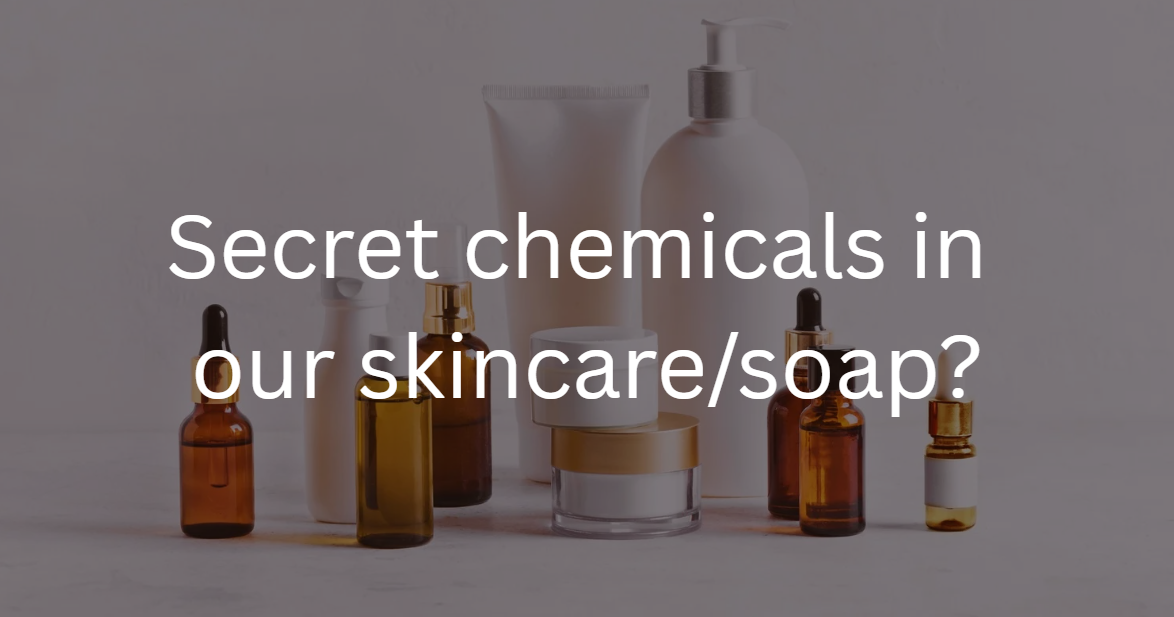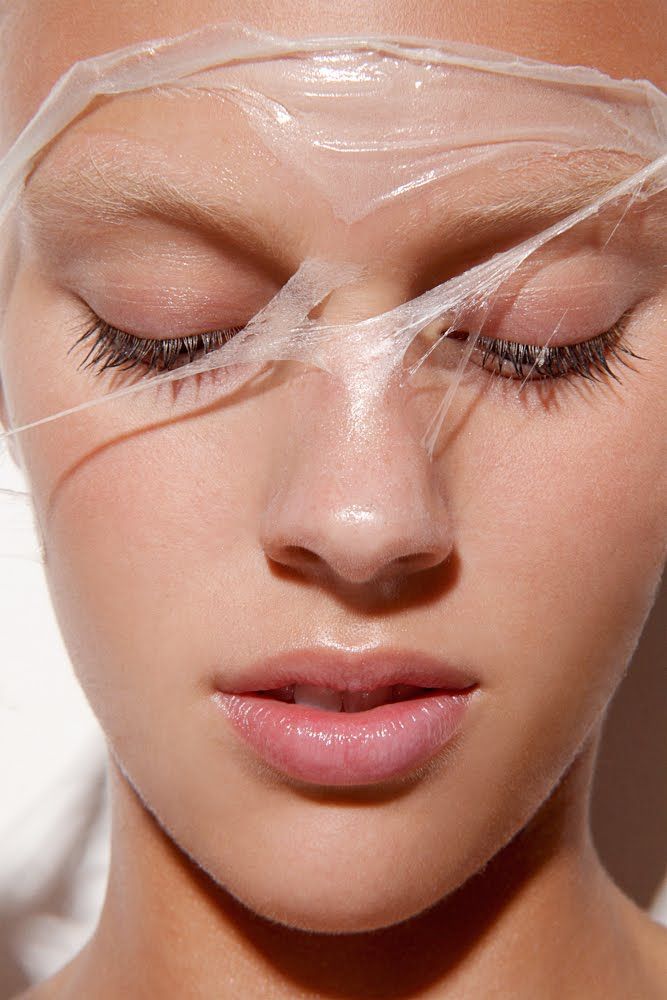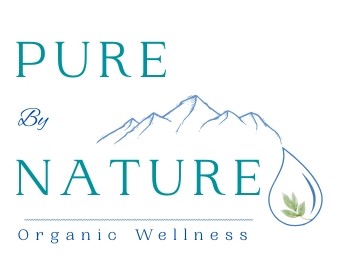Are There Secret Chemicals in Our Skincare and Soap Products?
Discover Natural Skincare with Kangen Water

Are There Secret Chemicals in Our
Skincare and Soap Products?
The short answer?
Yes — and more often than you think.
Many conventional skincare and soap
products contain hidden chemicals that aren’t clearly listed on the label,
or are disguised under vague terms like
“fragrance,” “parfum,” or “preservatives.”
These umbrella terms can hide
dozens of synthetic compounds, some of
which may be linked to skin irritation,
hormone disruption, or long-term health concerns.
Are There Secret Chemicals in Our Skincare and Soap Products?
The short answer? Yes — and more often than you think.
Many conventional skincare and soap products contain hidden chemicals that aren’t clearly listed on the label,
or are disguised under vague terms like “fragrance,” “parfum,” or “preservatives.”
These umbrella terms can hide dozens of synthetic compounds, some of which may be linked to skin irritation,
hormone disruption, or long-term health concerns.
What’s more, many conventional cosmetics contain endocrine-disrupting chemicals—ingredients
that can interfere with our hormones and potentially impact reproductive health, metabolism, and even mood.
Substances like parabens, phthalates, and synthetic fragrances are commonly found in everyday beauty products, and research
has linked them to hormonal imbalances and other long-term health concerns.
This is why choosing organic cosmetics—made without harsh chemicals and synthetic additives—is not just a trend, but a proactive
step toward protecting your body’s natural balance.
Some commonly hidden or concerning ingredients include:

What’s more, many conventional
cosmetics contain
endocrine-disrupting chemicals—ingredients
that can interfere with our hormones and
potentially impact reproductive
health, metabolism, and even mood.
Substances like parabens, phthalates,
and synthetic fragrances are commonly found
in everyday beauty products, and research
has linked them to hormonal imbalances
and other long-term health concerns.
This is why choosing organic cosmetics—
made without harsh chemicals and synthetic
additives—is not just a trend, but a proactive
step toward protecting your body’s natural balance.
Some commonly hidden or concerning
ingredients include:

Phthalates (often hidden in fragrances – linked to hormonal disruption)
Parabens (used as preservatives – associated with endocrine issues)
Sodium Lauryl Sulfate (SLS) (a harsh detergent – can irritate skin and eyes)
Formaldehyde releasers (used to prevent spoilage – can be carcinogenic)
Synthetic dyes and colors (derived from petroleum – may cause
irritation or allergic reactions)
Phthalates
(often hidden in fragrances – linked to hormonal disruption)
Parabens (used as preservatives –
associated with endocrine issues)
Sodium Lauryl Sulfate (SLS)
(a harsh detergent – can irritate skin and eyes)
Formaldehyde releasers
(used to prevent spoilage – can be carcinogenic)
Synthetic dyes and colors
(derived from petroleum – may cause
irritation or allergic reactions)
Over time, daily exposure to these ingredients can lead to toxic buildup in the body — especially since the skin absorbs much of what we apply to it.
Your skin deserves the purest care — free from toxins, harsh chemicals, and synthetic fragrances. That’s why our skincare philosophy is rooted in simplicity and powered by nature.
The organic skincare industry has seen exponential growth thanks to increased consumer awareness.
We’re finally realizing that natural beauty products are simply better — both for our bodies and the planet.
Kangen beauty water is slightly acidic,
mirroring your skin’s ideal pH level.
Why does that matter?
Eco-conscious home & skincare — rituals.
With Enagic® Beauty Water, you can embrace a skincare routine that’s not only good for you, but also kind to the planet.
We know that our skin absorbs chemicals, so it’s time to rethink what we’re putting on our scalp and hair.
We need healthier, more natural alternatives when it comes to hair care.
The short answer?
Yes — and more often than you think.
What’s more, many conventional cosmetics contain endocrine-disrupting chemicals—ingredients
INTRODUCING
THIS PARTNERSHIP

IT'S TIME TO DESIGN A LIFE ON YOUR TERMS
IT'S TIME TO DESIGN A LIFE ON YOUR TERMS
"The basis of vitality and long life is water."


